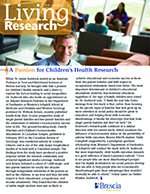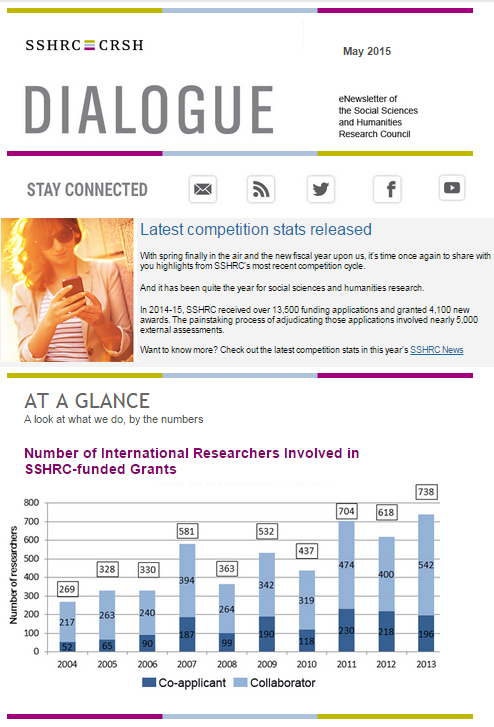In keeping with its mandate to ensure that the Tri-Council Policy Statement: Ethical Conduct for Research Involving Humans is a living document, the Panel on Research Ethics is proposing revisions to TCPS 2 (2014). These proposed revisions are the result, in large part, of the work of two sub-committees of the Panel. The Chapter 11 sub-committee was mandated to review the scope of Chapter 11 – Clinical Trials and to update its guidance. Assistance on the implication of the proposed broader scope was provided by a group of social sciences researchers whose work would be covered under the proposed revisions.
The Population and Public Health Research Advisory Committee (PPHRAC) was established by the Panel in response to comments received from public health and epidemiology researchers in the course of consultations on TCPS 2 in 2010. PPHRAC considered how the guidance in TCPS 2 could be enhanced or adapted to address ethics issues specific to population and public health research.
In addition to the proposals generated by these groups, the Panel is also presenting revisions based on requests for interpretation of TCPS 2 that it has received over the last two years. Finally, some of the proposed changes involved re-organizing parts of the guidance based on changes to Chapter 11. In particular, a number of provisions were moved to the earlier chapters of TCPS 2 where general guidance is provided. A guide to the recommendations is provided in Highlights of Changes.
Comment Submissions
To promote the transparency of this public engagement process, the Panel requests that you include your name and the following demographics with your submission:
1. Province or territory
2. Affiliation: university, hospital, college, community organization, other
3. Capacity in which you are submitting the comments: REB member, researcher, student, administration, research participant, representative of a group or organization.
4. Your main discipline: Behavioural Sciences, Biomedical, Engineering, Health Sciences, Humanities, Interdisciplinary, Natural Sciences, Social Sciences, other.
All comments received (including identifiable information) will be posted to the Panel’s website after the closing of the comment period. If you do not wish to have your comments posted, please indicate that clearly at the beginning of your submission.
Please e-mail your comments by January 31, 2017 or mail them to:
E-mail: secretariat@rcr.ethics.gc.ca
Secretariat on Responsible Conduct of Research
16th Floor Mailroom
350 Albert Street
Ottawa, ON K1A 1H5











